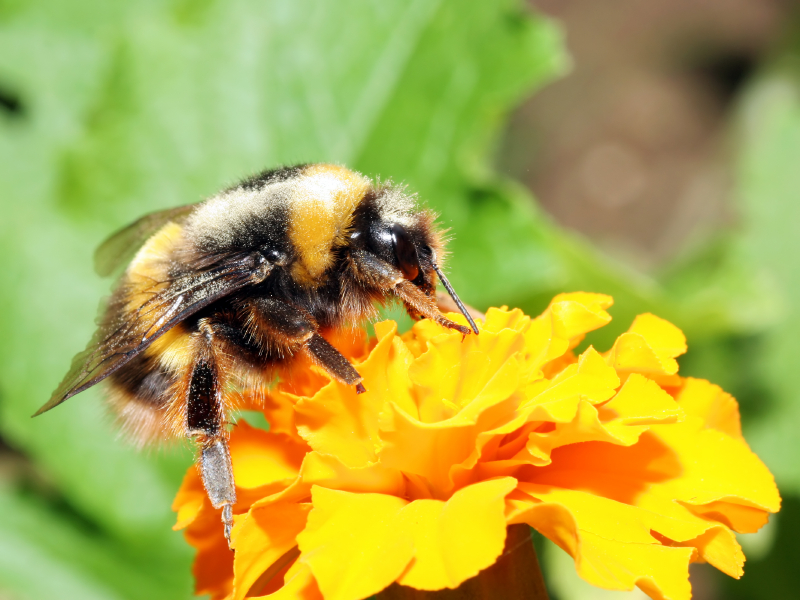Are Bees On the Endangered List?
There have been numerous reports recently about bees now being ‘officially endangered’. Is this true? Are Bees On the Endangered List?
 On 30 September 2016, the United States Fish and Wildlife Service listed seven species of yellow-faced bees on Hawaii that should be protected under the endangered species act. This is the first time any bees in the US have been included under the Endangered Species Act.
On 30 September 2016, the United States Fish and Wildlife Service listed seven species of yellow-faced bees on Hawaii that should be protected under the endangered species act. This is the first time any bees in the US have been included under the Endangered Species Act.
There’s No Reason to Panic
A closer look at the details of this announcement suggest that it might even be a good thing for pollinators.
The first thing to clarify is that these bees are not honey bees, but seven species of yellow-faced bees. The reason these bees are on the list is not because of colony collapse, but because their habitat is disappearing. Invasive plants and animals have had a detrimental effect on Hawaiian forests. By adding these bees to the endangered list conservationists can start recovery programs, get funding for conservation, and add new habitat protections.
This could actually be good news for honey bees.
Restoring Hawaii’s forests is very likely to have a positive impact on the habitat for honey bees and other native pollinators like bats and butterflies, and should contribute to a decline in colony collapse.
What is Colony collapse?
Colony collapse disorder (CCD) is what happens when almost all worker bees disappear from a colony without reason, leaving the queen, a few nurse bees and some immature bees in the hive with plenty of food. Between 2006 and 2013 more than 10 million beehives have been lost in the USA and Europe. This has a knock-on effect on economic losses because agriculture relies on pollination by bees. The reason for this is still subject to speculation and some of the causes being investigated include infections, loss of habitat, changing beekeeping practices and a family of pesticides called neonicotinoids.
Not everyone wants to be a bee keeper!
If you are bothered by bees on your property call PESTUK on 0800 026 0308 for the best advice on removing bees
NEXT/PREVIOUS:
Bed Bug Mattress Protector for Students »
Pest Control Edgware «

